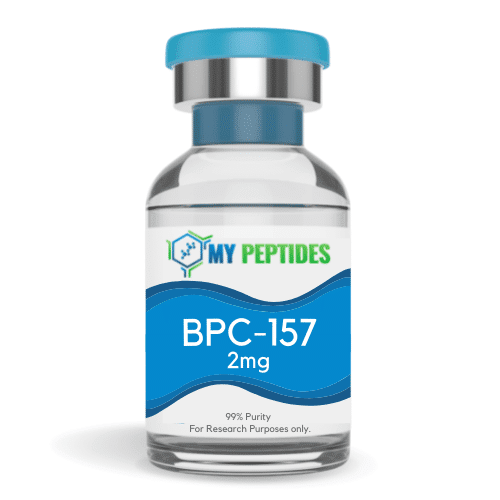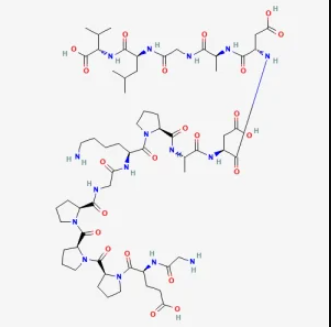Overview of BPC-157 Benefits
- Stimulates angiogenesis, facilitating the development of new blood vessels.
- Alleviates inflammation, potentially accelerating recovery from injuries.
- Shields cells from oxidative stress, reducing cellular damage.
- Demonstrates potential to heal muscles, tendons, and ligaments effectively.
- Supports gastrointestinal health by promoting tissue repair within the digestive system.
- Displays promise in mitigating the effects of certain toxins and injuries in research contexts.


